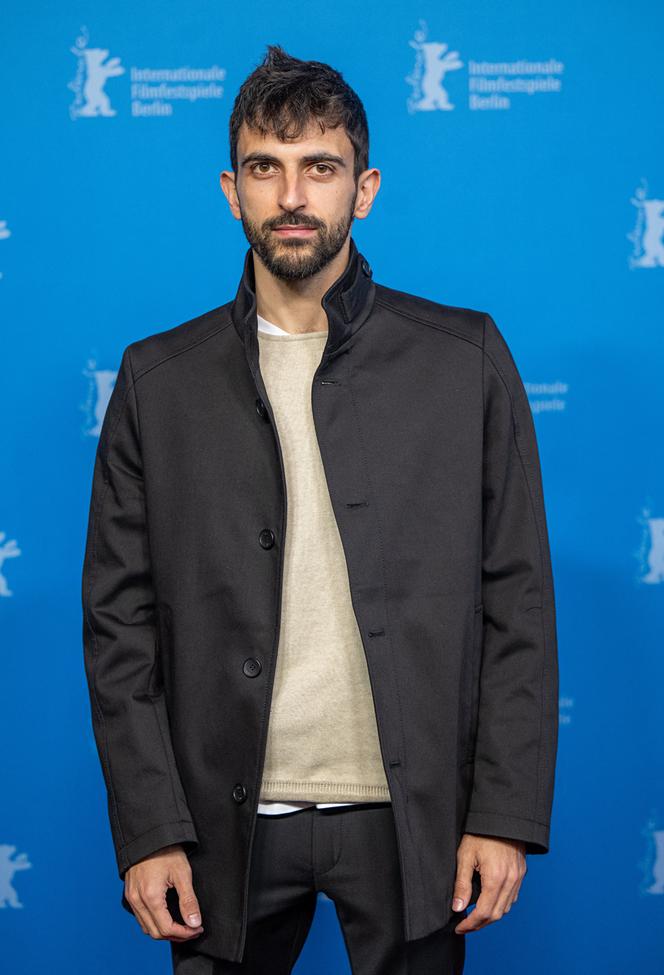


At the end of February, the Berlin International Film Festival awarded the Berlinale Documentary Award to No Other Land. The film was co-directed by two Israeli filmmakers, journalist Yuval Abraham and cinematographer Rachel Szor; and two Palestinians, reporter Basel Adra and activist Hamdan Ballal. It traces the destruction of the Palestinian hamlets of Masafer Yatta, near Hebron in the south of the occupied West Bank, by groups of Jewish settlers. Filmed over five years, the project shows the impossible resistance to the illegal and violent occupation of Palestinian territories by the state of Israel. On stage at the award ceremony on February 24, Adra said the Palestinian population was being "massacred" by Israel, while denouncing the sale of German weapons to the Israeli army. In the aftermath of this speech, a number of German political figures condemned his remarks as "shockingly one-sided."
During the same ceremony, Abraham highlighted the situation of "apartheid" that exists between him and Adra: "I am Israeli; Basel is Palestinian. And in two days we will go back to a land where we are not equal." Despite thunderous applause from the audience, his speech calling for a ceasefire triggered an outcry on social media and in the Israeli press. It was deemed "anti-semitic" by commentators in Israel and even by some German politicians. In the days that followed, in addition to numerous death threats he received online, crowds swarmed outside his family's home, hoping to confront him. On his way to Israel, the director was forced to interrupt his trip for security reasons. He lamented the "dangerous" use of the term of antisemitism.
Born into a middle-class Jerusalem family in the mid-1990s, Abraham learned Arabic in part from one of his grandfathers, who was originally from Yemen. One of his grandmothers was born in an Italian concentration camp in Libya, and part of his family was killed during the Holocaust. With his command of Arabic, which he taught in Israel while reporting for left-wing media such as the Israeli magazine +972, Abraham took part in actions to prevent Israeli settlers from destroying Palestinian homes in the occupied territories, by moving in with families in the West Bank when he was a young man.
In 2020, at the age of 25, Abraham set up the We Beyond the Fence platform with Ahmed Alnaouq, a London-based Palestinian journalist he met on social media. The site shared the daily stories of Palestinians in the Hamas-controlled enclave, which has been under embargo since 2007, in writings translated into Hebrew. The idea was to bring "Palestinian voices" to an Israeli audience, after having set up a similar concept in English, with We Are Not Numbers (WANN) back in 2014. The project came to an abrupt halt in November 2023, after 21 members of Alnaouq's family were killed in an Israeli army air strike.
